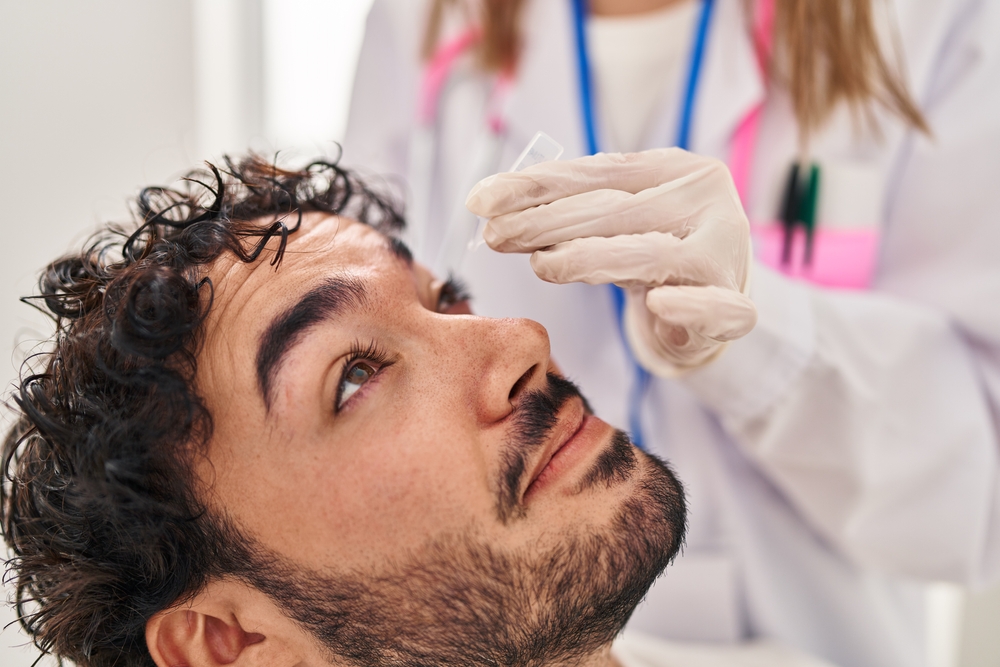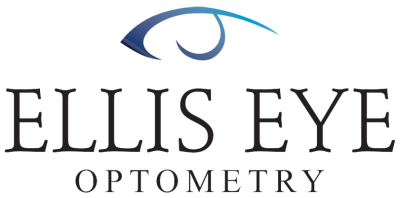
Dry, irritated eyes affects millions of people and can interfere with your daily life. If you’re experiencing ongoing dryness or discomfort, it’s important to know when to seek professional care. Understanding the causes and symptoms of dry eye can help you recognize when it’s time to visit Ellis Eye Optometry for relief and lasting solutions.
What Is Dry Eye Disease?
Dry eye disease occurs when your eyes don’t produce enough tears, or when the quality of your tears is poor, leading to irritation and inflammation. Healthy tears are essential; they keep the surface of your eyes smooth, clear, and comfortable. When tear production or composition is disrupted, your eyes can become red, sensitive, and prone to infection.
Common Causes of Dry Eye
Several factors can contribute to dry eye, including:
• Aging: Tear production naturally decreases with age, making dry eye more common in adults over 50.
• Meibomian Gland Dysfunction (MGD): Blocked or poorly functioning oil glands along the eyelids can lead to rapid tear evaporation and persistent dryness.
• Environmental Factors: Wind, smoke, dry air, and prolonged screen time can cause or worsen symptoms.
• Medications: Certain antihistamines, decongestants, antidepressants, and blood pressure medications may reduce tear production.
• Medical Conditions: Autoimmune diseases, diabetes, and thyroid disorders are linked to dry eye.
• Contact Lenses: Wearing contact lenses for extended periods can increase the risk of dry eye.
When to See Your Optometrist
Mild dryness or irritation may occasionally happen to anyone, but it’s important to schedule an eye exam if:
• You experience persistent dryness, redness, or discomfort that doesn’t improve with over-the-counter drops.
• Your vision fluctuates, becomes blurry, or you notice increased sensitivity to light.
• Your eyes feel gritty, itchy, or like there’s something in them, especially if symptoms interfere with daily activities.
• You wear contact lenses and find them increasingly uncomfortable.
Risks of Untreated Dry Eye
Early intervention can help prevent complications and protect your eye health. If left untreated, dry eye can lead to more serious issues such as chronic discomfort, increased risk of eye infections, damage to the surface of the eye, and even impaired vision over time. Seeking care promptly ensures you can manage symptoms effectively and avoid these potential risks.
Benefits of Professional Treatment
Visiting your optometrist for dry eye symptoms offers several important benefits. First, you’ll receive a personalized diagnosis. An eye doctor can identify the underlying cause of your symptoms (whether it’s tear production issues, meibomian gland dysfunction, or another factor) and recommend a treatment plan tailored to your specific needs.
Professional care also provides access to advanced treatment options that go beyond what’s available over the counter. Your optometrist may prescribe medicated eye drops, suggest punctal plugs, offer specialized in-office therapies, or share lifestyle recommendations to help manage and relieve your symptoms.
Finally, addressing dry eye with professional guidance is the best way to achieve long-term relief. With the right treatment and ongoing support, you can prevent chronic irritation, reduce your risk of eye infections, and protect the health of your vision for years to come.
Schedule Your Dry Eye Evaluation Today
Dry eye disease may be common, but it doesn’t have to disrupt your life. If you’re experiencing ongoing dryness or discomfort, early evaluation and treatment can make a significant difference in your eye health and daily comfort.
If dry eye is affecting your quality of life, schedule a consultation with Ellis Eye Optometry to find lasting relief and protect your vision. Visit our office in Lancaster, California, or call (661) 948-6310 to book an appointment today.





